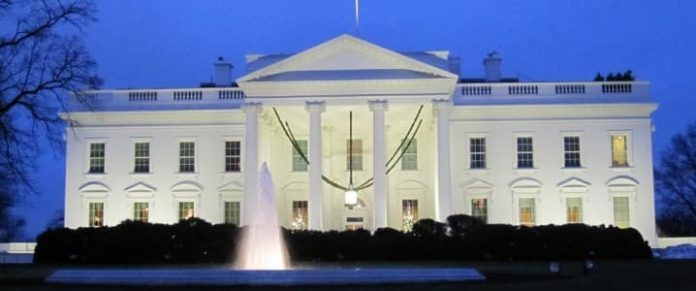The United States is taking a crack at improving its relations with OPEC—notably with Saudi Arabia—after the federal government repeatedly blamed the group for high U.S. retail fuel prices and then announced the release of 50 million barrels of crude from the strategic petroleum reserve to push international oil prices down.
Bloomberg’s Javier Blas reported this week that White House senior energy security advisor Amos Hochstein has traveled to the Middle East, where he met with government officials, including Saudi Arabia’s Energy Minister Abdulaziz bin Salman.
“We discussed areas where the U.S. and Saudi Arabia can partner to invest in the energy transition and collaborate to build a 21st century clean energy architecture,” the senior Washington official said, as quoted by Bloomberg.
According to unnamed sources familiar with the discussion, the U.S. representative told the Saudi side that Washington supported OPEC decision-making, although President Biden and Energy Secretary Jennifer Granholm more than once criticized that very decision making that, according to them, resulted in higher prices for American drivers.
This support for OPEC decision-making on the part of the White House may mend fences with Saudi Arabia but is unlikely to sit well with American oil and gas companies.
President Biden’s calls on OPEC to increase production earlier this year were received poorly by the U.S. shale patch, which believes it can take care of the supply problem.
Biden has chosen not to approach the local energy industry for help.
“If I were gonna make a call, it wouldn’t be long-distance, it would be a local call,” said Occidental’s CEO Vicki Hollub last month. “I think first you, you stay home, you ask your friends, and you ask your neighbors to do it. And then if we can’t do it, you call some other countries.”
Source: Oilprice.com
















